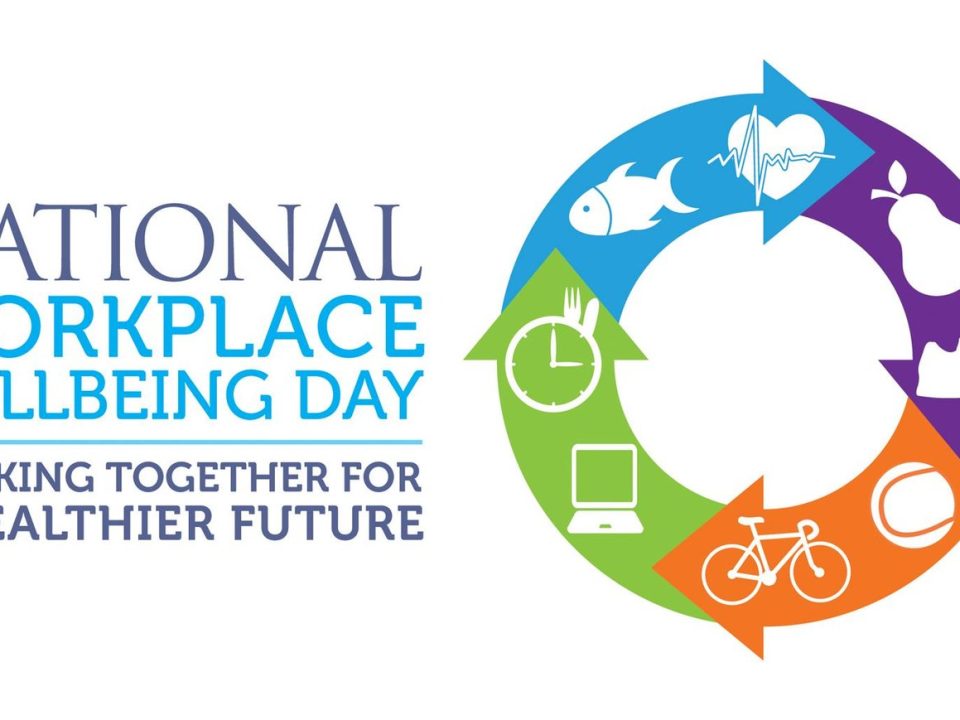Chronic pain disorders and gut bacteria
November 20, 2021How to have a healthier Christmas
December 10, 2021 One of the most common complaints, especially at the moment, is feeling tired all the time. Heather delves into three potential causes and what you can do if you feel tired all the time. Read on or watch her share tips on Virgin Media Weekend AM.
One of the most common complaints, especially at the moment, is feeling tired all the time. Heather delves into three potential causes and what you can do if you feel tired all the time. Read on or watch her share tips on Virgin Media Weekend AM.
Are you getting enough sleep?
The WHO estimates that we need 7 – 9 hours sleep per night. However, less than 1/3 of adults are getting this and cumulative lack of sleep will certainly contribute to fatigue. Most of us are getting up at the last possible moment, so if you are not getting at least 7 hours sleep (and that usually means 7 ½ + hours in bed) then have a look at your evening routine and try to get into bed a little earlier.
It is tempting to watch just one more episode of something or push back your bedtime, especially as we get nearer to Christmas. But getting into a good sleep routine that will allow you to get at least 7 or 7 ½ hours sleep at night. This is one good way to boost your energy. It also has many other health benefits, including to your mood and immune system. This includes staying off your phone before bed.
Sleep disruptors
Many people struggle to sleep well and there are lots of potential reasons for this. Among the most common are
- Caffeine intake. Caffeine is a stimulant that has a negative effect on sleep quality and quantity. Tolerance varies, but most of us should limit ourselves to 2 – 3 cups of coffee per day. Ideally consumed by lunchtime as it stays in our system for a long time. Tea has about half of the amount of caffeine as coffee, and same principle of limiting cups and drinking earlier in the day applies. Watch green tea, energy drinks, some medication like Panadol extra and even dark chocolate and decaf coffee too, as all contain varying amounts of caffeine
- Stress – major sleep disruptor for many of us. If stress is affecting your sleep, try to build in some stress support like gentle to moderate exercise, which also supports sleep. See more tips here
- Sleep disorders like sleep apnoea, where the walls of the throat relax and narrow during sleep, interrupting normal breathing, will disrupt sleep. If you are waking up constantly or your partner tells you that you are gasping for breath or that you stop breathing when asleep then get checked out by your GP
Find more sleep supporting tips here
Are you fuelling yourself properly?
Are you eating regularly throughout the day? Going for a long time without eating can cause surges in the release of your stress hormone cortisol. This impairs your sleep later in the day. It can also lead you to overeat later in the day, further disrupting sleep. Try to eat every 4 – 4 ½ hours and include some protein with every meal and snack e.g. have a palmful nuts with a piece of fruit as a snack rather than the fruit on it’s own.
Lots of people are now following different intermittent fasting regimes and while this can be very helpful, longer fasts do not suit everyone. If you are tired, limit yourself to a 12 hour fast and then eat every 4 hours during your non-fasting period, 3 meals and one healthy snack for most of us.
What you eat can also have a huge bearing on energy levels. If your diet does not contain enough nutrients, then this may cause you to feel tired in the longer term. Common gaps linked to fatigue include B vitamins, iron, folate and magnesium. Vegetarians and vegans are at a higher risk of a B12 and iron deficiency as they are excluding some of the main sources of these nutrients. People on longer term restricted diets and people eating highly processed diets can also run low on key nutrients. Try to eat as varied a diet as possible, with plenty of vegetables, pulses, other good quality protein like fish, eggs, nuts and seeds and some wholegrains. If you have digestive issues that are causing you to restrict your diet, try to deal with those so that you can expand your diet again.
Do you have an underlying nutrient deficiency or medical issue?
- Iron – one of the most common nutrient deficiencies in Ireland, causing anemia. We need iron to circulate oxygen around the body. Symptoms of iron deficiency include fatigue, breathlessness and palpitations. Menstruating girls and women and pregnant women are at highest risk. If you suspect iron deficiency, it is worth getting a blood test to ensure this is the problem. In Ireland we have amongst the highest prevalence of iron overload (haemochromatosis) in the world (1 in 83 people). So you don’t want to simply supplement iron unless you know you have been iron deficient in the past
- B12 & folate – deficiencies in B12 and folate can also cause anemia. Low B12 is more commonly found in people avoiding meat, one of the best sources. But low B12 and folate can also be caused by other issues.
- Underactive thyroid (hypothyroidism). Our thyroid is our engine, controlling energy and metabolism. Signs you may have an underactive thyroid are fatigue, feeling cold, constipation, difficulty losing weight. This is more common in women and levothyroxine usually used to treat this is one of the most commonly prescribed drugs here. This can be checked via blood tests with us or via your GP. Nutrition can play an important role in thyroid health too, even for people already taking thyroid medication and still feeling tired. Nutrients like iodine, selenium and zinc are needed to make thyroid hormone and our thyroid patients in clinic have these checked to identify deficiencies. Read more about thyroid supporting nutrients here
- Many people with thyroid issues have an auto immune condition called Hashimotos, which is contributing to their thyroid issues and supporting immune health with vitamin d, probiotics and other dietary support like medicinal mushrooms can help.
If in doubt, check it out
Persistent fatigue can also be caused by many other conditions, so if you have tried some easy steps to deal with your fatigue that have not helped or if it is going on for a long time, it is important to get checked out, to rule out a deficiency or underlying condition.
If you would like more information about the services we offer, including testing, please get in touch.


